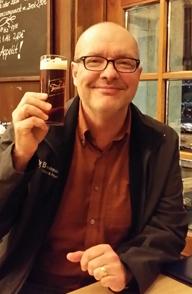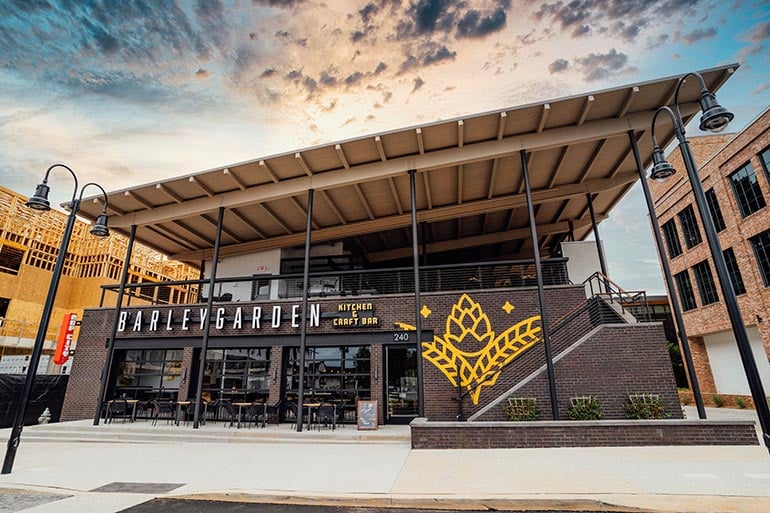Start 14-Day Trial Subscription
*No credit card required

Hop City's Kraig Torres: Atlanta Restaurant Impresario and Classic Beer Style Defender
The founder of Hop City Beer & Wine, Barleygarden Kitchen & Craft Bar and Boxcar knows how to create a successful business – as well as keep them thriving despite swift changes in the industry.
Torres realized suddenly that "lobbyist" had just become part of his job description. He proceeded to call local papers, radio stations and his Alabama congressman to relate his horror story. In no time, the subsequent outpouring of public support, along with the grassroots efforts of homebrew groups, helped homebrewing finally become legal in Alabama.
In 2011, Torres began exploring the possibility of selling growlers of draft beer at Hop City Atlanta. He and his liquor attorney examined the laws in detail and discovered a gray area that might allow for growler sales. After much discussion, the Georgia Department of Revenue and the City of Atlanta signed off on growler sales. "We converted our Marietta Street cooler into a growler wall with 16 taps that very night," Torres recalls. "I was there until three o'clock in the morning, drilling holes in our cooler wall so we could begin selling growlers the next day. When we opened in the morning, there was a line outside the door."
Strangely enough, Alabama allowed bars to fill plastic milk jugs with beer to take home. In 2012, when Torres asked state officials if he could sell sealed, sanitized glass containers of draft beer to-go, he was given the green light. He explains, "We equipped our Birmingham store with a wall of 66 taps as a large growler station, and the first guy to walk in the next day came up to the growler bar and asked for a glass of one of our draft beers. We thought, 'Oh, shit, what do we do now?' We had glasses from breweries, so I quickly figured out how much to charge per glass. We've been a bar ever since."
Torres' third location, Barleygarden Kitchen & Craft Bar, opened six years ago in Alpharetta, Georgia. Torres wanted a northern suburban outpost with a bar and retail space, but the chosen location was only 2,000 square feet. Torres remarks, "Alpharetta doesn't allow for bars. Only restaurants can serve alcohol. We had a small space, and we knew that the bar would pay our bills, so retail was out. I had never owned a restaurant, but I felt the market was right. We hired a great chef and created an awesome, locally sourced kitchen and bar in the limited space. People loved it."

Torres' third location, Barleygarden Kitchen & Craft Bar, opened six years ago in Alpharetta, Georgia. Torres remarks, "I had never owned a restaurant, but I felt the market was right. We hired a great chef and created an awesome, locally sourced kitchen and bar in the limited space. People loved it."
At the same time, Torres' lease was coming up for renewal at Hop City's original store on Marietta Street in Atlanta. Over the years, the location saw many things change for the worse regarding rent, traffic, parking and other external factors. Torres relates, "It was a difficult decision to close the Marietta Street location, but it was the right thing to do."
Meanwhile, Atlanta's upcoming West End complex had captured Torres' attention. Monday Night Brewing and Wild Heaven Beer were opening satellite breweries and taprooms in the White Street development buildings. "The rent was quite reasonable, so we carved out a large footprint with a perfect kitchen in the West End," says Torres. "Our Boxcar restaurant was designed as a slightly more upscale version of Barleygarden, with the restaurant constructed upstairs and a retail Hop City store and bar located on the lower floor."



